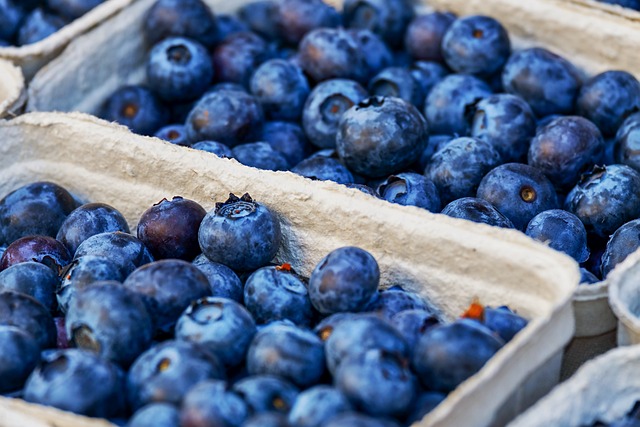From Gut to Glory: How Probiotics Can Enhance Physical Performance and Recovery
The Importance of Gut Health
When it comes to overall health and well-being, there is increasing evidence that suggests the gut plays a vital role. The gut, also referred to as the gastrointestinal tract, is home to trillions of bacteria, both good and bad. These bacteria contribute to various aspects of our health, including digestion, immune function, and even mental health.
However, an imbalance in gut bacteria, known as dysbiosis, can lead to a range of health issues, such as gastrointestinal disorders, weakened immune system, and nutrient deficiencies. Fortunately, one way to promote a healthy gut is by incorporating probiotics into our daily routine.
What Are Probiotics?
Probiotics are live microorganisms, predominantly bacteria, that provide numerous health benefits when consumed in adequate amounts. These beneficial bacteria help restore the natural balance of gut flora, enhancing digestion and absorption of nutrients while inhibiting the growth of harmful bacteria.
Probiotics can be found in various foods and supplements. Fermented foods like yogurt, kefir, sauerkraut, and kimchi are excellent natural sources of probiotics. Additionally, there are a variety of probiotic supplements available in the market, providing a convenient way to increase your probiotic intake.
Probiotics and Physical Performance
Beyond improving gut health, emerging evidence suggests that probiotics can also enhance physical performance and aid in post-exercise recovery. Here are a few ways probiotics may benefit athletes and active individuals:
1. Enhanced Nutrient Absorption
Probiotics help break down and absorb nutrients from the foods we eat, ensuring that our bodies receive adequate fuel for optimal performance. Improved nutrient absorption can lead to increased energy levels, reduced fatigue, and better overall endurance.
2. Strengthened Immune System
Intense physical activity can place stress on the immune system, making athletes more susceptible to infections and illnesses. Probiotics help bolster the gut’s immune system by increasing the production of immune cells and promoting a healthy gut barrier. This can reduce the risk of upper respiratory tract infections and other common illnesses.
3. Reduced Inflammation
Exercise-induced inflammation is a natural response to physical stress. However, excessive or prolonged inflammation can hinder recovery and impair performance. Certain strains of probiotics have anti-inflammatory properties and can help regulate the body’s inflammatory response, aiding in recovery and improving overall athletic performance.
4. Improved Gut Integrity
Intense exercise can disrupt the delicate balance of gut bacteria and increase gut permeability, also known as “leaky gut.” This condition allows harmful bacteria and toxins to enter the bloodstream, potentially impacting overall health and performance. Probiotics help maintain gut integrity by preserving the tight junctions between intestinal cells, preventing the leakage of harmful substances.
Choosing the Right Probiotic
When selecting a probiotic supplement, it’s essential to consider the specific strains and their potential benefits. Different strains can have varying effects on gut health and athletic performance.
Look for probiotics that contain strains such as Lactobacillus acidophilus and Bifidobacterium bifidum, which have been shown to improve digestive health, strengthen the immune system, and reduce inflammation. Ensure that the probiotic supplement provides an adequate amount of live cultures and meets your specific needs.
Incorporating Probiotics into Your Routine
To maximize the benefits of probiotics for physical performance and recovery, consider the following tips:
1. Consume Fermented Foods
Incorporate naturally probiotic-rich foods like yogurt, kefir, sauerkraut, and kimchi into your diet. These foods offer a wide range of beneficial bacteria to support a healthy gut.
2. Opt for Probiotic Supplements
If







